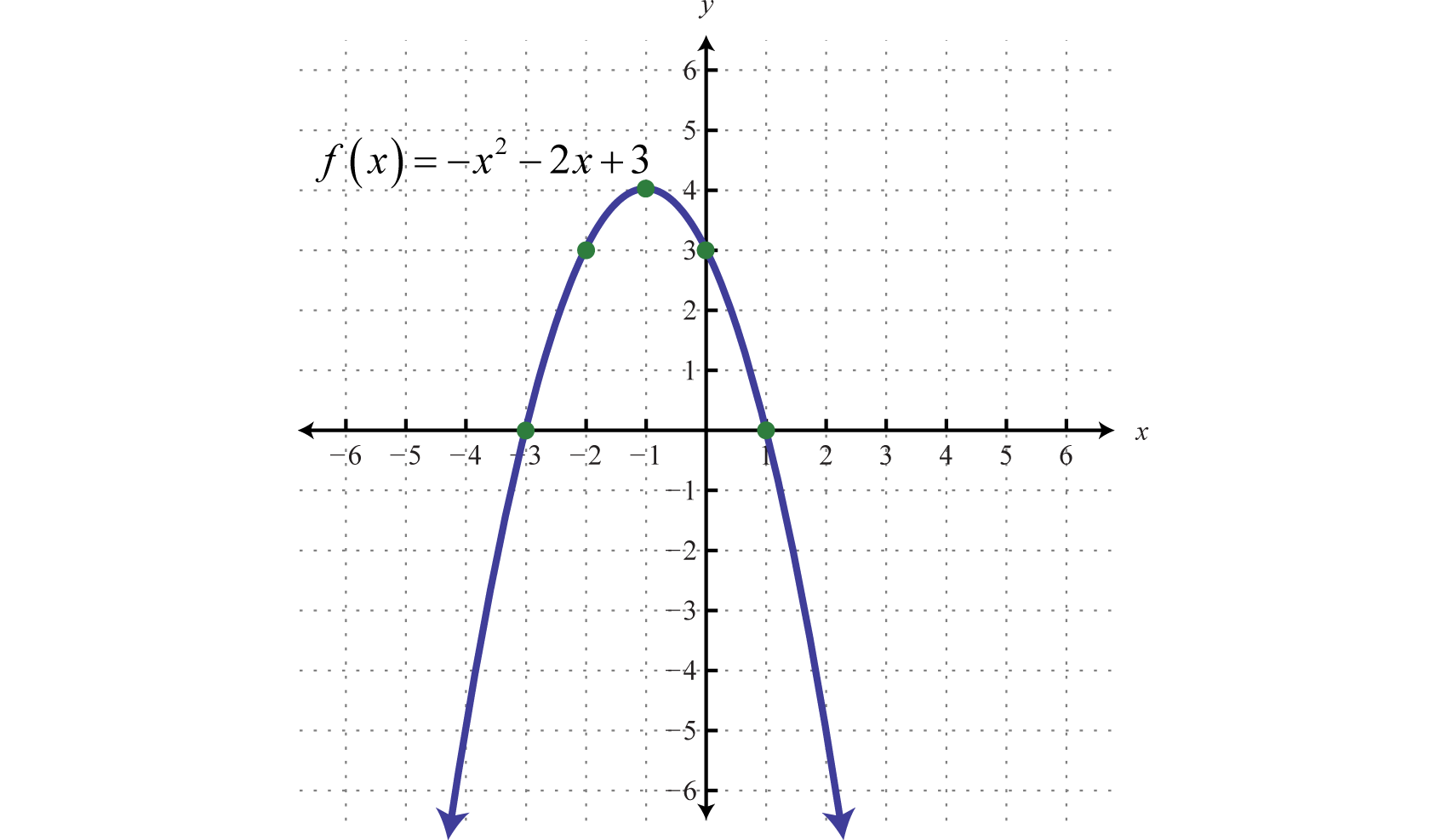Exploring Quadratic Functions
- A quadratic function: when the variable is higher than 2
“Quadratic function is a function that can be described by an equation of the form f(x) = ax2 + bx + c, where a ≠ 0″ – definition of quadratic formulas
example:

2. 1. when the values are a=1, b=0, and c=0, the line is perfectly symmetrical with the base of the curve at 0, and the center of the curve is along the y axis.
3. a)
when a<0 the curve flips upside down and as a becomes smaller, the curve becomes thinner. the minimum point is 0.
b)
when a>0 the curve is upward facing and as a becomes bigger, the curve becomes thinner. the maximum point is 0.
c) when -1 < a < 1, the curve is very large with the base of the curve on the x axis
d) when a > 1 or a < -1 the line is very large as well, just like c), the curve is wide
4.
i. the vertex is the minimum point if a is bigger than 0
ii. the vertex is the maximum point if a is smaller than 0
5. a = 0.5, c = 0 and b changes. the vertex moves in a “circle” of sorts when a and c are constant and b moves.
6. a = 0.5, b = 2 and c changes. the vertex moves along the y axis when c moves and a and b are constant.
Part 2:
when the vertex just touches the x axis:
0=0.5*-1+1.8*-1+1.5
when the roots are 1,-1
0=0.5*1+-2*1+0
when the curve does not cross the x axis
0==.5*1+-2*1+4